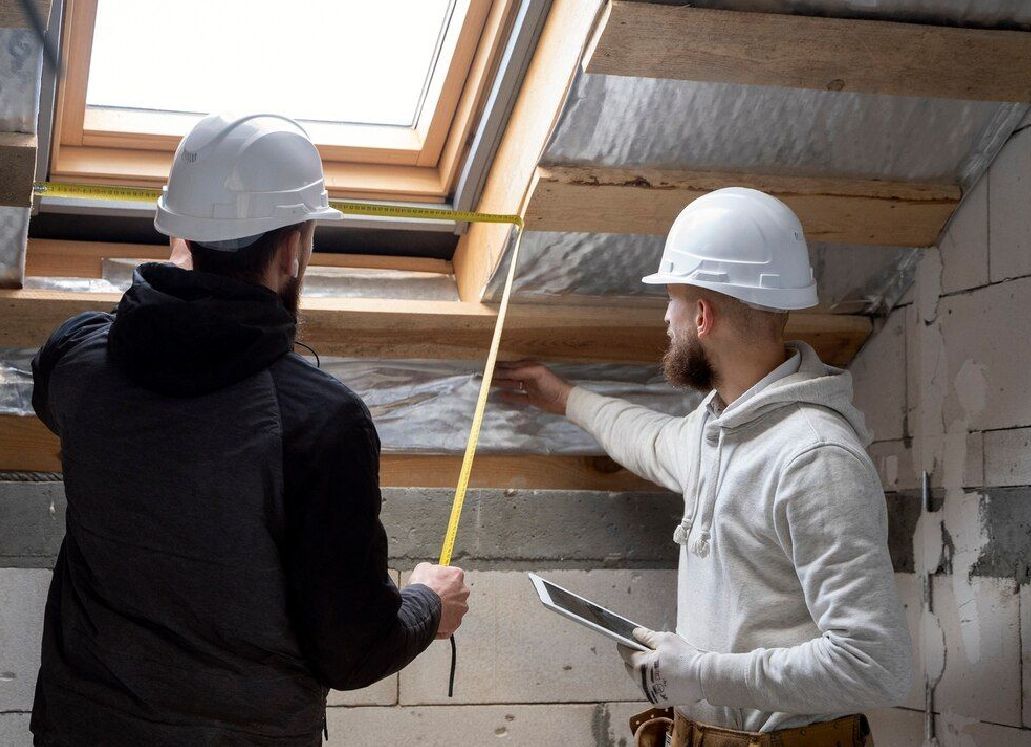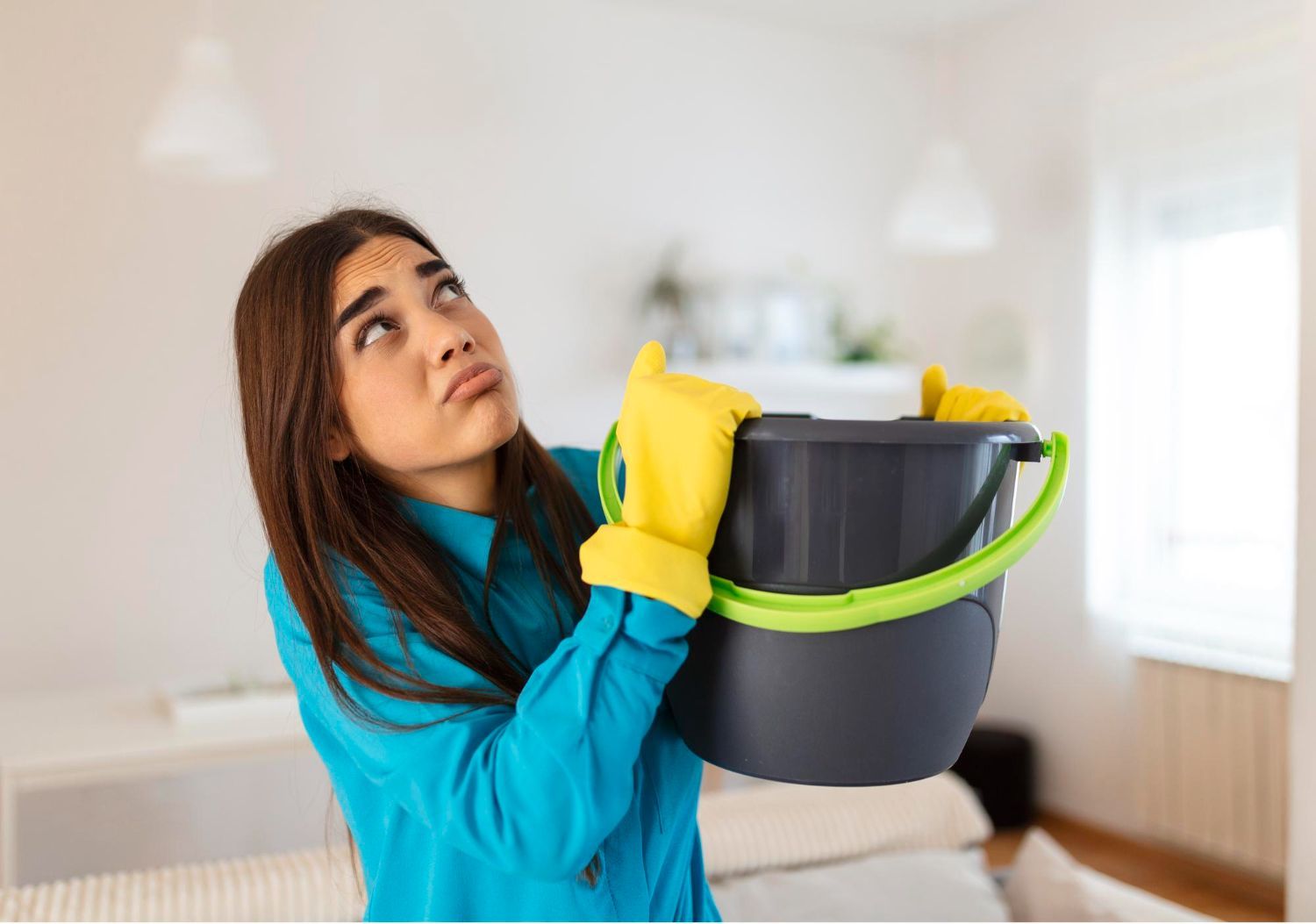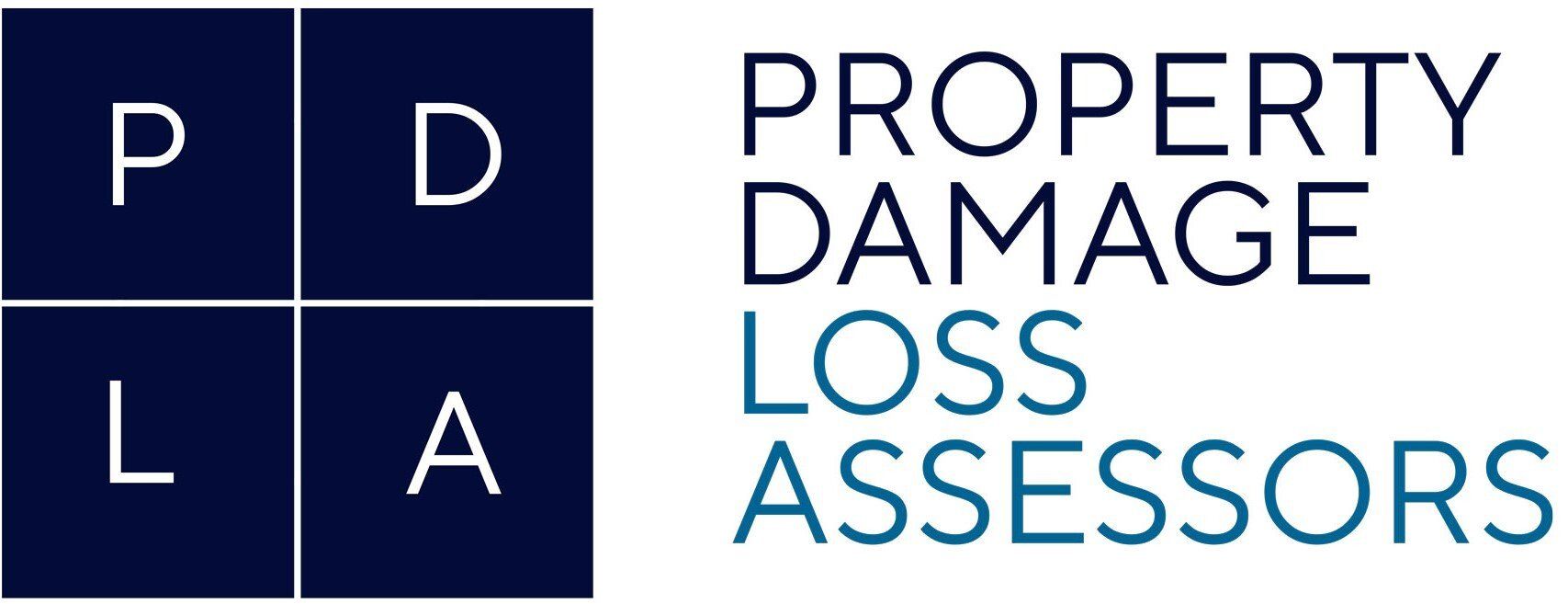Sustainable Solutions for Property Durability in Ireland
More Sustainable Building
In Ireland, property owners understand the importance of harmonizing with the local environment to protect their investments. This blog is dedicated to those who are keen to embrace sustainable practices, focusing on strategies that reinforce property durability while catering to the unique Irish climate.
Sustainable Building Materials:
In Ireland, the longevity of a property is often a testament to the materials it's built from. Here are some sustainable choices:
- Recycled Steel: Favoured for its durability, recycled steel is a prime choice for structures requiring resilience against the challenging Irish weather.
- Reclaimed Wood: Sourced locally, reclaimed wood offers a lower carbon footprint and is already acclimatized to the humid Irish environment.
- Insulated Concrete Forms (ICFs): ICFs provide excellent thermal insulation, important for maintaining comfortable indoor temperatures throughout the Irish seasons.
- Low-Emissivity (Low-E) Glass: Employing low-E glass for windows reduces energy loss, a significant consideration in Irish homes to combat the cold.
- Natural Slate: A traditional and robust roofing material that stands up to the Irish weather, natural slate also boasts a timeless aesthetic.
- Lime-Based Mortar & Plaster: Lime is breathable and more eco-friendly compared to modern cement, preventing common issues like moisture retention and mold.
- Green Insulation: Sheep's wool is a sustainable and efficient insulator that manages moisture well – critical in Ireland’s damp conditions.
Energy Efficiency for Property Protection:
Energy efficiency plays a vital role in property protection:
- LED Lighting and High-Efficiency Boilers: Reducing the risk of electrical fires and lowering energy costs are two benefits of these upgrades.
- Smart Home Systems: Manage your energy usage effectively, avoiding overloads that can lead to electrical damage.
Landscaping with a Purpose:
Intelligent landscaping can prevent environmental damage:
- Native Plant Species: Choose plants that are adapted to local conditions and can help manage water runoff and soil erosion.
- Garden Design: Implement designs that direct excess water away from the property, crucial for areas prone to flooding.

Building Techniques for the Future:
Modern building techniques can help future-proof properties:
- Green Roofs: These can reduce runoff and provide additional insulation.
- Modular Construction: This method limits environmental impact during construction and can result in tighter building envelopes, reducing drafts and heat loss.
Preventive Maintenance:
Regular maintenance is key:
- Non-toxic Products: Using eco-friendly products for maintenance reduces the environmental impact and is often safer for the materials used in your property.
- Rainwater Systems Checks: Ensure gutters and drainage systems are clear to prevent blockages that can cause overflows and subsequent water damage.
Adaptation to Irish Climates:
Customize your property’s defenses:
- Elevated Structures: In flood-prone zones, elevated structures or barriers can be a wise investment.
- Wind Load Design: Properties exposed to high winds can benefit from architectural elements designed to distribute wind loads.
Engaging with Sustainable Insurance Options:
Lastly, consider the insurance benefits of sustainable practices:
- Green Insurance Premiums: Some insurers may offer better rates for properties with green certifications.
- Documentation of Features: Maintaining detailed records of your property’s sustainable features can be beneficial in the claims process.
Adopting sustainable building and maintenance practices is essential for the modern Irish property owner. It’s not just about reducing the carbon footprint; it’s about making smart, informed choices that will ensure the longevity and safety of your property against the elements.
If you need advice on rebuilding costs or the services of a Property Damage Loss Assessor, please contact our team to discuss.
Navigating Storm Damage Claims on Your Irish Property




